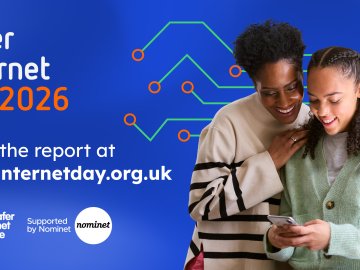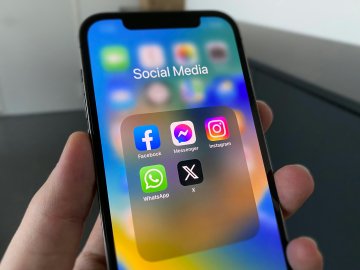Ofcom has revealed that Google Search, The LEGO Group, Pinterest and Roblox have signed up to Ofcom’s new “Best Practice Principles for Media Literacy by Design” pledge, alongside publishing a three-year plan to encourage media literacy online.
As part of their pledge, these services have demonstrated how they incorporate media literacy into their platforms and the areas they intend to focus on in the future. Published by Ofcom, these “provide a benchmark against which future progress can be kept under review, and represents a public commitment to ongoing, accountable action.”
The four services that have committed to Ofcom’s initiative have pledged to adopt three core principles:
- Accountability and Transparency: These services will take responsibility for making media literacy a priority on their platforms. They also commit to increasing transparency about what works in promoting media literacy.
- User-Centric Design: Platforms will focus on developing user-friendly designs that put users’ needs at the heart of the process. This includes offering timely and relevant tools to support media literacy as users interact with content.
- Ongoing Evaluation: The services will continuously monitor and evaluate their media literacy efforts, ensuring their initiatives remain effective and relevant.
The “Best Practice Principles for Media Literacy by Design” looks at how platforms can improve their design to focus on user safety and informed engagement. Examples include embedding interventions such as labels, overlays, pop-ups, notifications, and informational resources that encourage informed user decision-making and behaviours when engaging with media online.
Plans to Promote Media Literacy
Alongside the first four services to sign Ofcom’s pledge, Ofcom has encouraged other online service providers to sign up to the pledge and demonstrate their commitment to promoting media literacy and helping everyone navigate online content safely.
The strategy emphasises that implementing media literacy is a shared responsibility, involving online platforms, parents, educators, and various organisations, with Ofcom stating that ‘to realise the full potential of media literacy in the UK, contributions and collaboration from all corners is essential.’
What Is Media Literacy?
Media literacy refers to the ability to critically access, analyse, evaluate, and create media and communications in a variety of contexts. It involves understanding how media messages are constructed, their purposes, and the potential effects they can have on individuals and society.
Ofcom has shared its three-year strategy as part of its responsibilities to research and promote media literacy across the UK, as directed by the Communications Act, with the latest publication being the first multi-year media literacy strategy in 20 years.
Learn More
To improve online media literacy among professionals and young people, SWGfL’s ProjectEVOLVE and ProjectEVOLVE EDU can help to build the critical thinking and digital literacy skills needed to navigate online media safely.
ProjectEVOLVE is a free digital literacy toolkit that supports online development in children and young people. The tool assists professionals in educating, guiding, and supporting them through their use of technology online, and covers over 600 separate resources that cover various topics and age ranges from very young children, right up to 18.
ProjectEVOLVE EDU supports teachers, school staff, and professionals with their understanding of online safety and technology, helping to better inform the young people they work with and improve digital literacy education by providing online safety training through video resources, knowledge maps, and accreditation.






